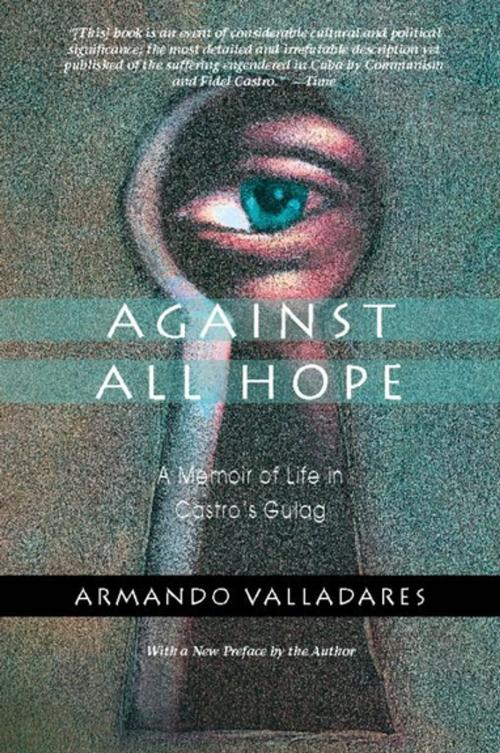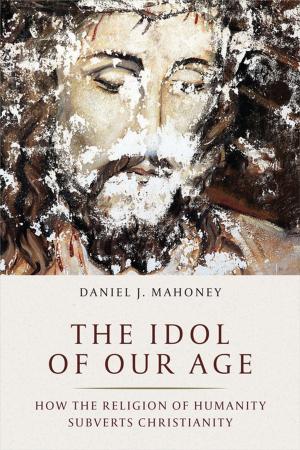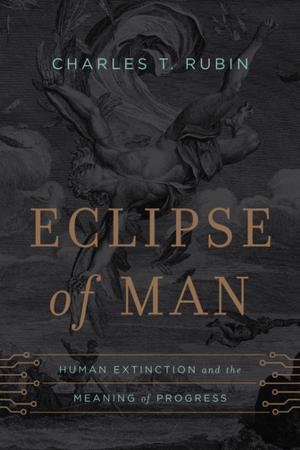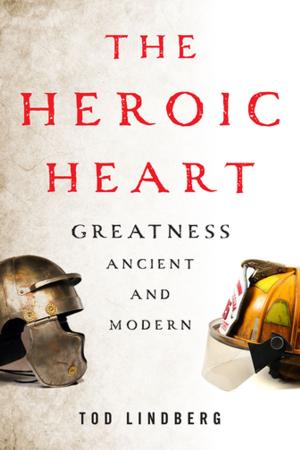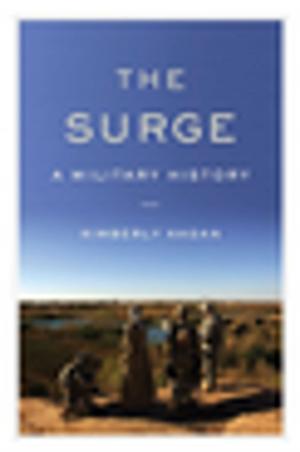| Author: | Armando Valladares | ISBN: | 9781594033858 |
| Publisher: | Encounter Books | Publication: | April 1, 2000 |
| Imprint: | Encounter Books | Language: | English |
| Author: | Armando Valladares |
| ISBN: | 9781594033858 |
| Publisher: | Encounter Books |
| Publication: | April 1, 2000 |
| Imprint: | Encounter Books |
| Language: | English |
Arrested in 1960 for being philosophically and religiously opposed to communism, Armando Valladares was interned at Cuba’s infamous Isla de Pinos Prison (from whose barred windows he watched the failure of the Bay of Pigs invasion). His life in Castro’s gulag was a hell of violence and disease, putrid food and squalid living conditions, forced labor and solitary confinement, and hazardous escape attempts. Valladares survived by prayer and poetry. His writing, smuggled out to Europe and the U.S., made him one of the world’s most celebrated prisoners of conscience. As a result of pressure from international human rights organizations, the Castro regime finally released him in 1982.
When Against All Hope first appeared, it was immediately compared to Darkness at Noon and other classic prison narratives about the resilience of the human spirit in the face of totalitarianism. Now, with a new prologue by the author, which tells of his life since prison and brings the story of Cuban dissidence up to the case of Elian Gonzalez, this story of strength and survival is more relevant than ever.
When Against All Hope first appeared, it was immediately compared to Darkness at Noon and other classic prison narratives about the resilience of the human spirit in the face of totalitarianism. Now, with a new prologue by the author, which tells of his life since prison and brings the story of Cuban dissidence up to the case of Elian Gonzalez, this story of strength and survival is more relevant than ever.
Arrested in 1960 for being philosophically and religiously opposed to communism, Armando Valladares was interned at Cuba’s infamous Isla de Pinos Prison (from whose barred windows he watched the failure of the Bay of Pigs invasion). His life in Castro’s gulag was a hell of violence and disease, putrid food and squalid living conditions, forced labor and solitary confinement, and hazardous escape attempts. Valladares survived by prayer and poetry. His writing, smuggled out to Europe and the U.S., made him one of the world’s most celebrated prisoners of conscience. As a result of pressure from international human rights organizations, the Castro regime finally released him in 1982.
When Against All Hope first appeared, it was immediately compared to Darkness at Noon and other classic prison narratives about the resilience of the human spirit in the face of totalitarianism. Now, with a new prologue by the author, which tells of his life since prison and brings the story of Cuban dissidence up to the case of Elian Gonzalez, this story of strength and survival is more relevant than ever.
When Against All Hope first appeared, it was immediately compared to Darkness at Noon and other classic prison narratives about the resilience of the human spirit in the face of totalitarianism. Now, with a new prologue by the author, which tells of his life since prison and brings the story of Cuban dissidence up to the case of Elian Gonzalez, this story of strength and survival is more relevant than ever.
